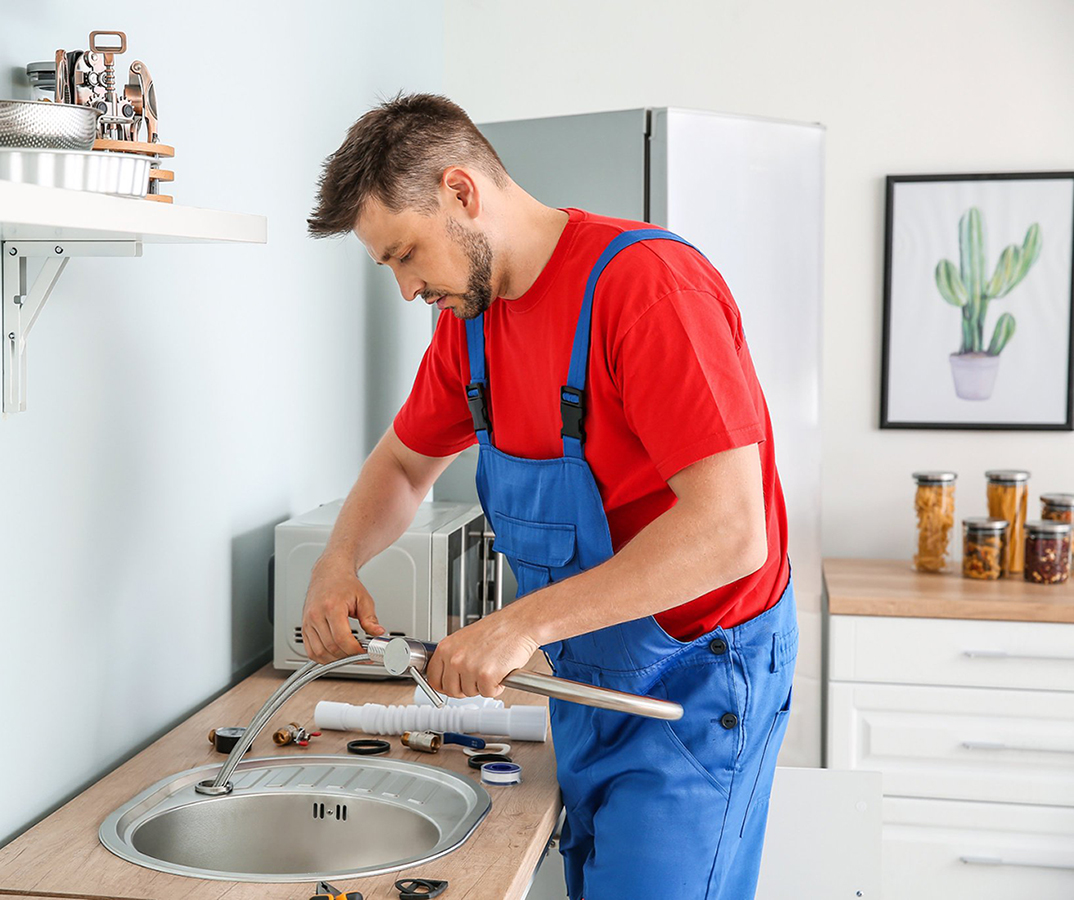They are making a few great annotation about Essential DIY Bathroom Plumbing Tips Every Homeowner in general in this post directly below.

For brand-new property owners, understanding and maintaining restroom pipes can save both money and time by stopping expensive problems down the line. Here are some vital shower room plumbing pointers to assist you keep everything running smoothly.
Plan For Cold Weather
Secure your pipelines from freezing during cold weather by insulating pipes in unheated locations like basements, attics, and garages. Throughout severe chilly, let cold water drip from faucets served by exposed pipelines to help protect against freezing.
Set Up Regular Upkeep
Consider scheduling yearly evaluations with a licensed plumbing professional. They can find problems that you might miss out on, such as surprise leakages or deterioration on pipelines and fixtures. Regular upkeep helps expand the life of your pipes system and can prevent emergency situations.
Acquaint Yourself with the Key Shut-Off Shutoff
Understanding where the major water shut-off valve lies in your home is essential. This enables you to rapidly turn off the supply of water in case of major leaks or throughout pipes emergencies, avoiding extensive water damage.
On A Regular Basis Check for Leaks
Tiny leaks can lead to big troubles. On a regular basis check under sinks, around commodes, and near plumbing components for any type of signs of leakages. Search for wetness, little drips, or rust. Capturing and repairing leakages early can avoid extra severe damages and save water.
Maintain Your Hot Water Heater
Guarantee your hot water heater is readied to a suitable temperature level (normally about 120 degrees Fahrenheit) to prevent scalding and lower power use. Flush the storage tank every year to get rid of debris buildup, which can decrease the effectiveness and life expectancy of your heating unit.
Update Your Fixtures
If your home has older components, consider updating to extra reliable designs. Modern bathrooms, showerheads, and faucets are made to make use of less water while offering good stress, which can significantly decrease your water expense and ecological footprint.
Beware with DIY Plumbing Repair Works
While it's alluring to manage all home repairs on your own, beware with pipes. Some problems could call for expert know-how, especially if they entail main water lines or drain repairs. Working with a professional can in some cases be extra affordable than do it yourself, specifically if it prevents additional damage.
Do Not Ignore Slow Drains
If your sink or tub is draining slowly, it's commonly an indicator of a blockage creating. Addressing this early can protect against a total blockage. Make use of a plunger or a plumbing technician's serpent to clean out particles. Prevent using chemical drainpipe cleansers as they can harm your pipes with time.
Know What Not to Flush
Commodes are not waste disposal unit. Stay clear of flushing anything other than toilet tissue and human waste. Products like wipes, feminine hygiene products, and cotton bud ought to be thrown away in the trash to prevent blockages and sewer back-ups.
Install Strainers in Drains
Area strainers in your sink and tub drains to capture hair and other particles before they enter your plumbing system. Cleansing the filters on a regular basis will aid stop buildup and maintain water flowing openly.
Conclusion
Recognizing and maintaining your home's shower room pipes can prevent numerous typical issues. By adhering to these crucial suggestions, you can ensure your restroom stays functional and effective, conserving you time and money in the future.
Essential Plumbing Tips for Homeowners: Keep Your Pipes Flowing Smoothly
As a homeowner, understanding the basics of your plumbing system can save you time, money, and a lot of headaches. Plumbing issues can range from minor annoyances like dripping faucets to major problems like burst pipes that cause significant damage. This guide provides essential tips to help you maintain your plumbing system and tackle common issues.
Understanding Your Plumbing System
Supply System: Brings fresh water into your home from a municipal source or a well. Drain-Waste-Vent System: Removes wastewater and vents sewer gases outside. Fixtures and Appliances: Includes sinks, toilets, showers, dishwashers, and washing machines. Basic Maintenance Tips
Regular Inspections: Periodically check for leaks, corrosion, and other signs of wear and tear. Look under sinks, around toilets, and near water heaters. Know Your Main Shut-Off Valve: In case of a major leak, you’ll need to shut off the water quickly. Ensure everyone in your household knows where the main shut-off valve is located. Prevent Frozen Pipes: In cold climates, insulate exposed pipes and let faucets drip during extreme cold to prevent freezing. Use Strainers: Install strainers in sinks and tubs to catch hair, food particles, and other debris that can cause clogs. Common Plumbing Issues and Solutions
Clogged Drains:
Prevention: Avoid pouring grease down the drain and use drain screens to catch debris. DIY Fix: Use a plunger or a plumbing snake to clear minor clogs. For stubborn clogs, a mixture of baking soda and vinegar can sometimes help. Leaky Faucets:
Prevention: Replace washers and seals regularly. DIY Fix: Turn off the water supply, disassemble the faucet, and replace worn parts.

Check It Out